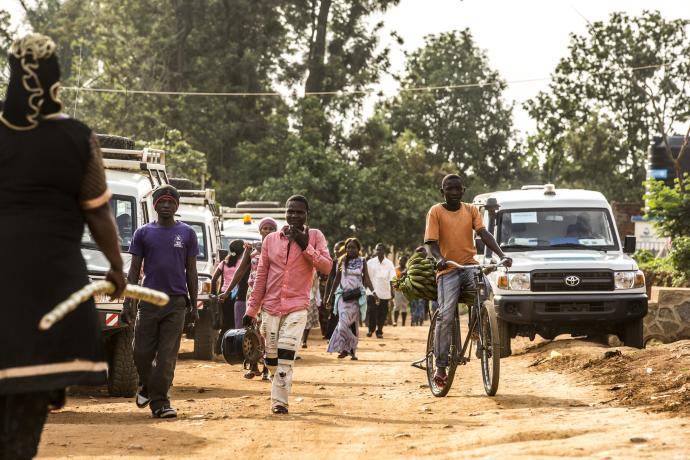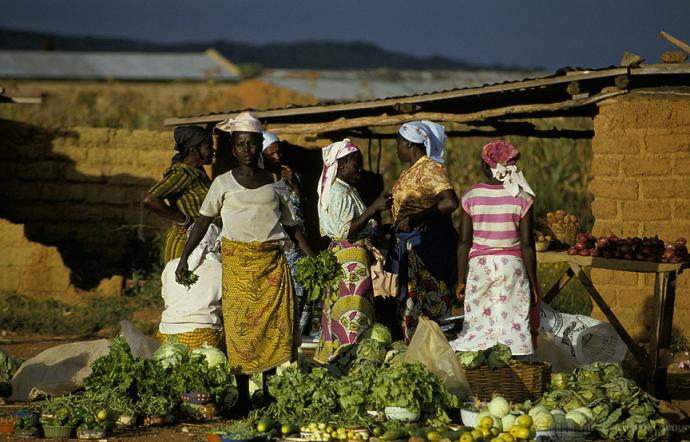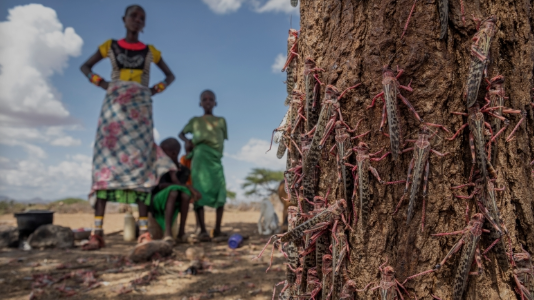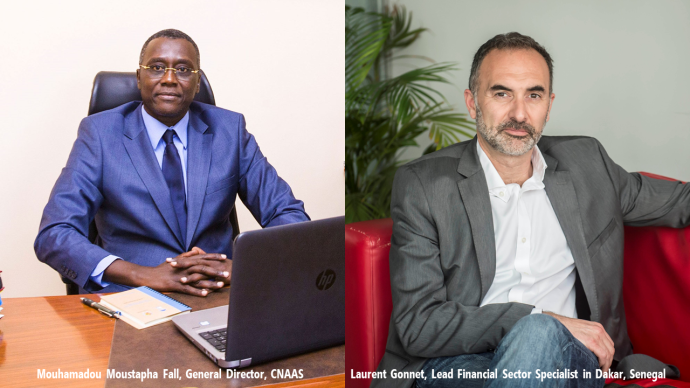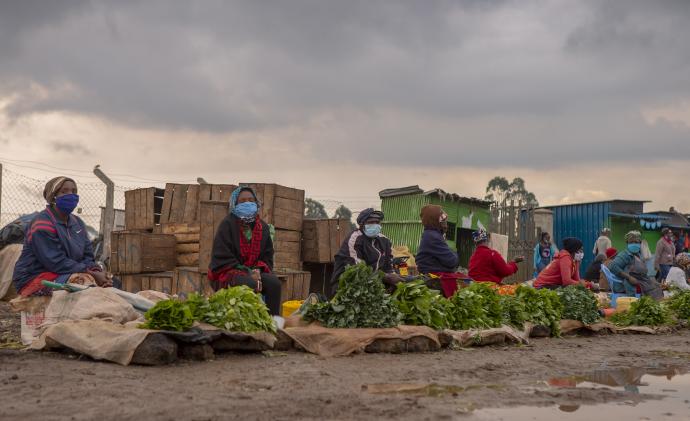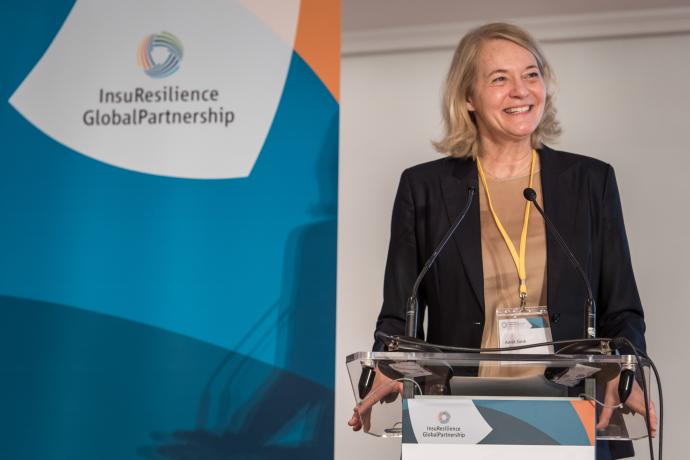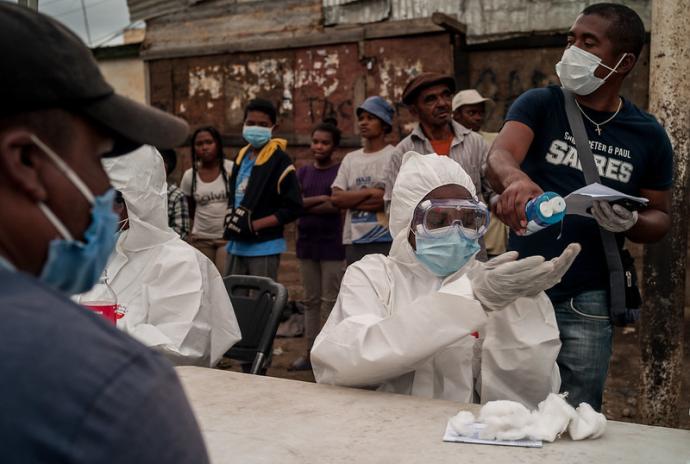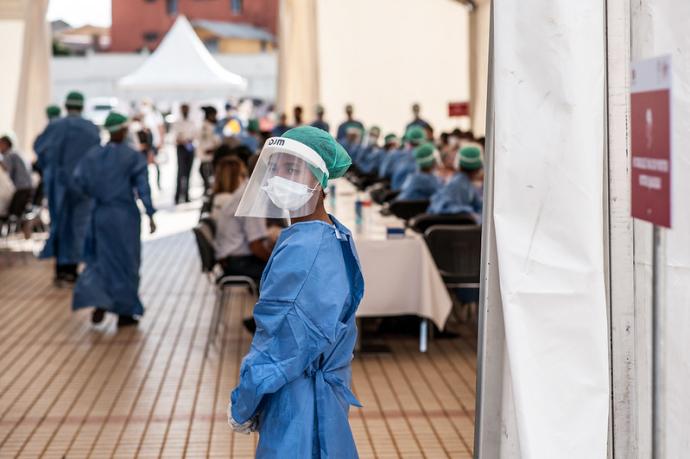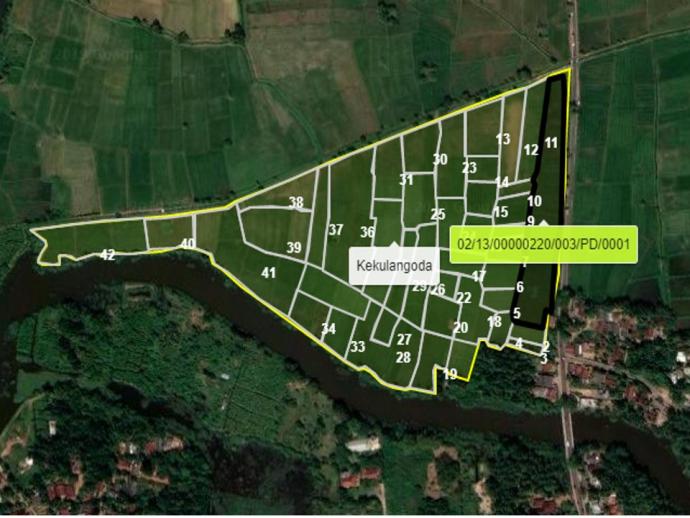26
Oct
While re-emerging from years of conflict and instability, Democratic Republic of the Congo (DRC) is still a fragile economy. Despite DRC’s abundant natural resources and a recent growth rate of 5.8 percent in 2018 (after a fifteen-year low at 2.4 percent in 2016) [1], economic and social development remain limited, with widespread poverty. Regarding the insurance industry, the sector has very low penetration compared to regional levels. In addition, certain categories of insurance products, such as agriculture insurance, are not yet available in the country. Although agriculture contributes 20

